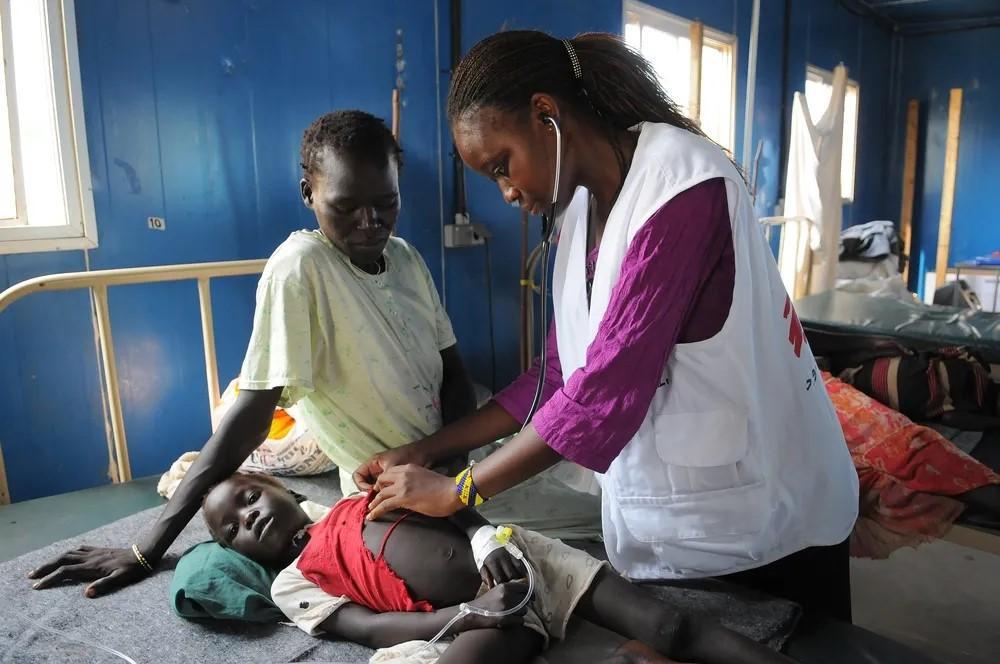Africa-Press – South-Sudan. South Sudan health authorities on Monday cautioned that open defecation is heightening the risk of a cholera outbreak in the nation.
In a statement released on Monday, the Ministry of Health said despite various initiatives such as vaccinations and enhancements to water, sanitation, and hygiene facilities, open defecation remains a significant barrier to effectively managing the spread of the cholera outbreak.
The country has so far recorded over 57,276 cases of cholera, including 1,147 deaths in 48 counties.
Unity State reported the highest cholera burden, accounting for 35% of the total cases (19,824), while Jonglei State followed with 16% (9,035) of the cumulative cases since the cholera outbreak began in October 2024.
“Persistent water, sanitation, and hygiene facilities gaps remain, especially in high-risk internally displaced people’s settings like Renk and Nasir,” the ministry said in a statement seen by Sudan’s Post on Monday.
The country reported 900 new cholera cases and 16 deaths across 16 counties in the past week.
It said the situation has deteriorated due to a lack of adequate water sanitation and hygiene facilities in many counties.
“A total of 7,432,200 doses of the oral cholera vaccines have been received in the country,” it said.
It said the ministry, in collaboration with partners, carried out a cholera vaccination campaign in 32 counties across 9 states and one administrative area.
It said the campaign achieved 81% coverage with 5.6 million individuals vaccinated out of 6.9 million individuals targeted.
Cholera, caused by the bacterium Vibrio cholerae, is an acute infectious disease that affects both humans and animals.
It is typically contracted through the ingestion of contaminated water or food, leading to symptoms such as severe diarrhea, abdominal cramps, nausea, vomiting, and life-threatening dehydration if untreated.
Poor sanitation, limited access to clean water, and overcrowded living conditions exacerbate the spread of the disease, making swift intervention critical.
For More News And Analysis About South-Sudan Follow Africa-Press






